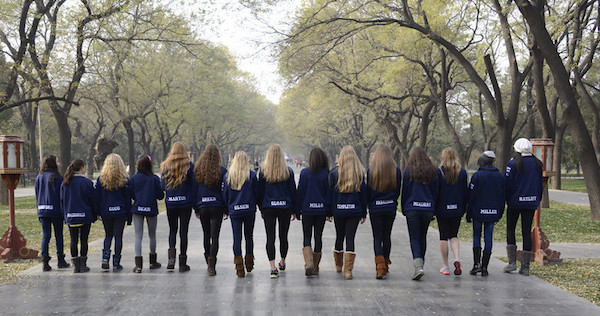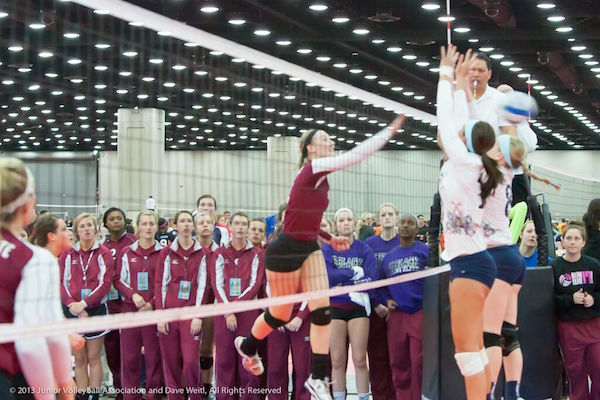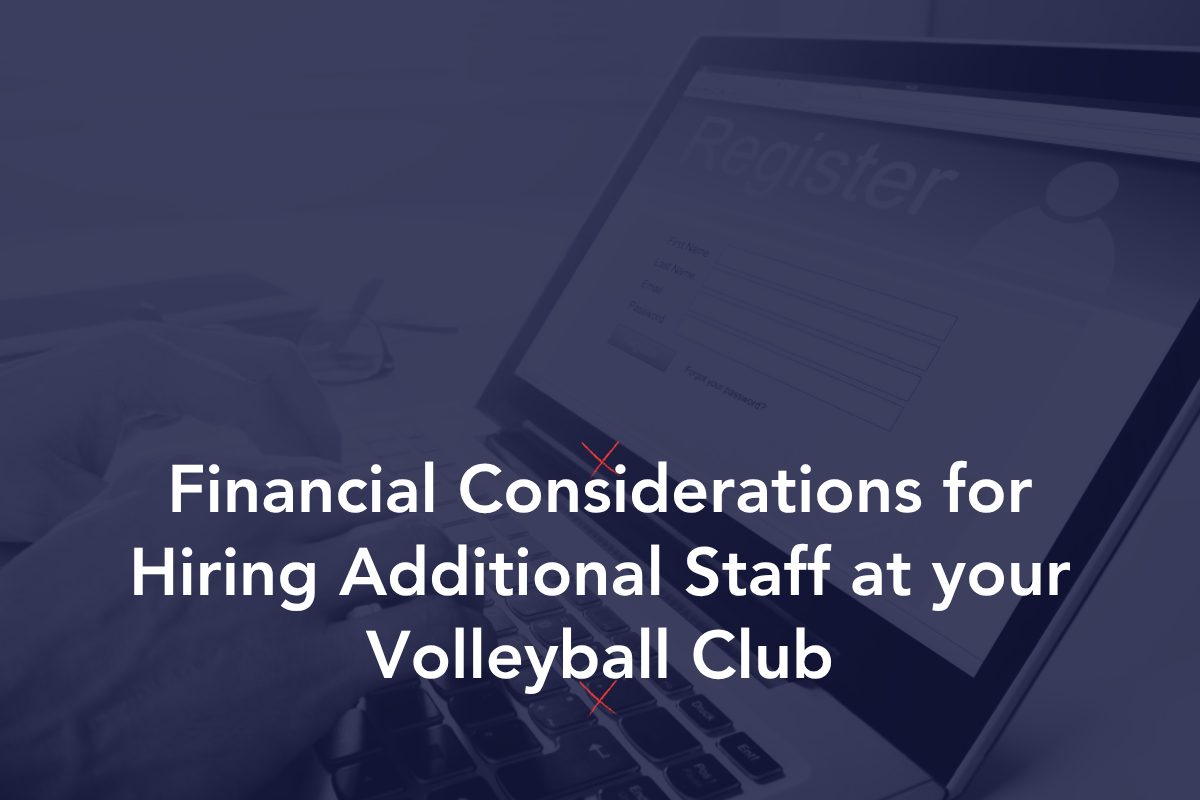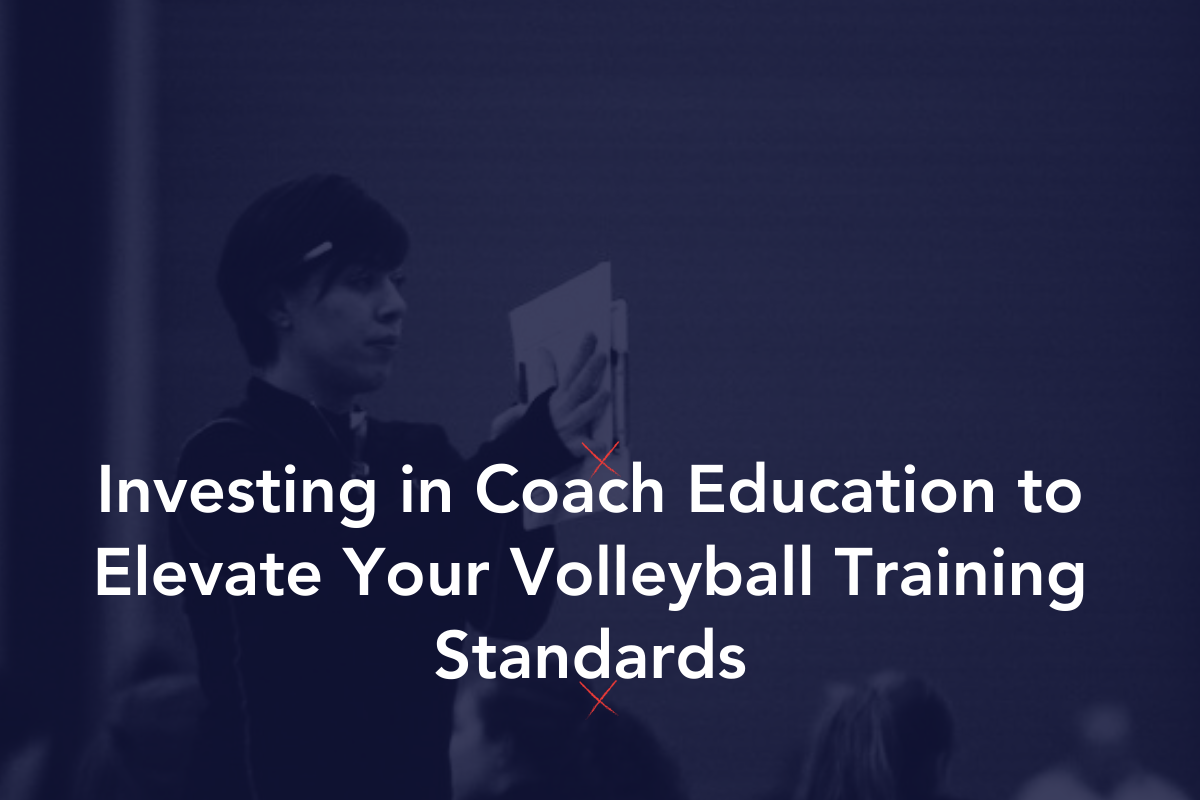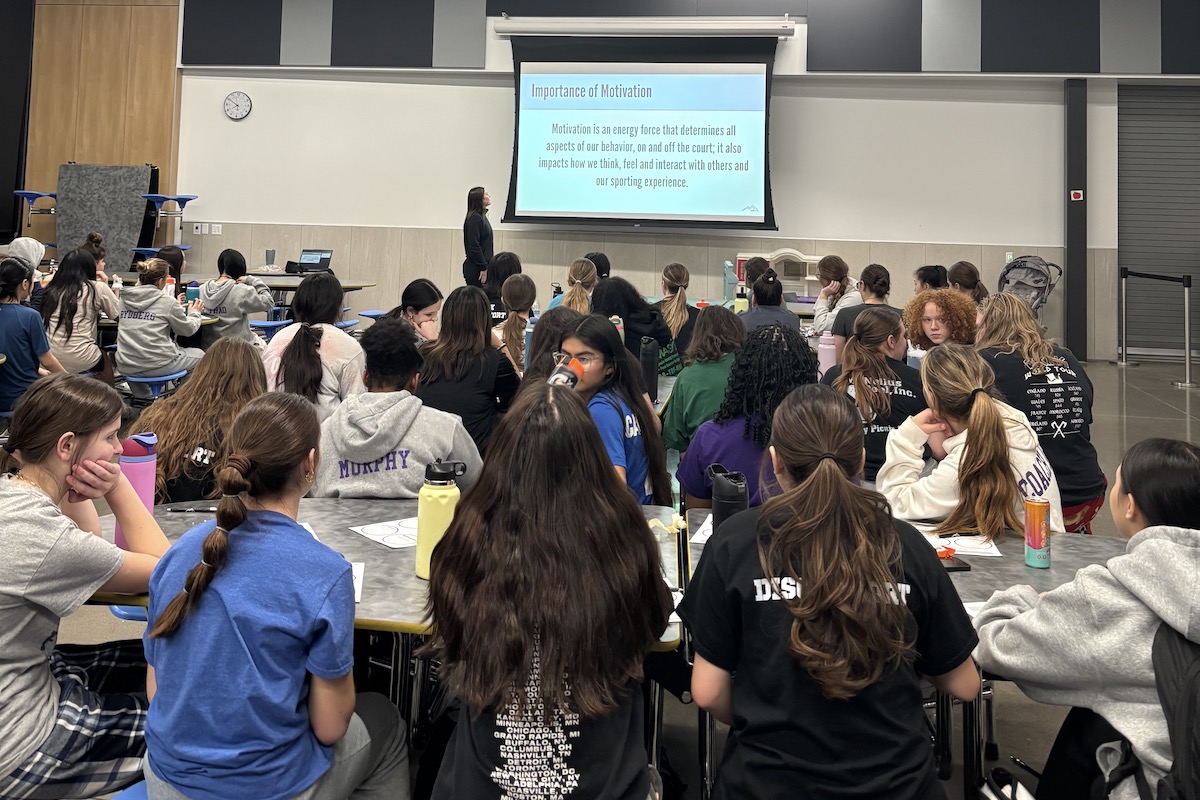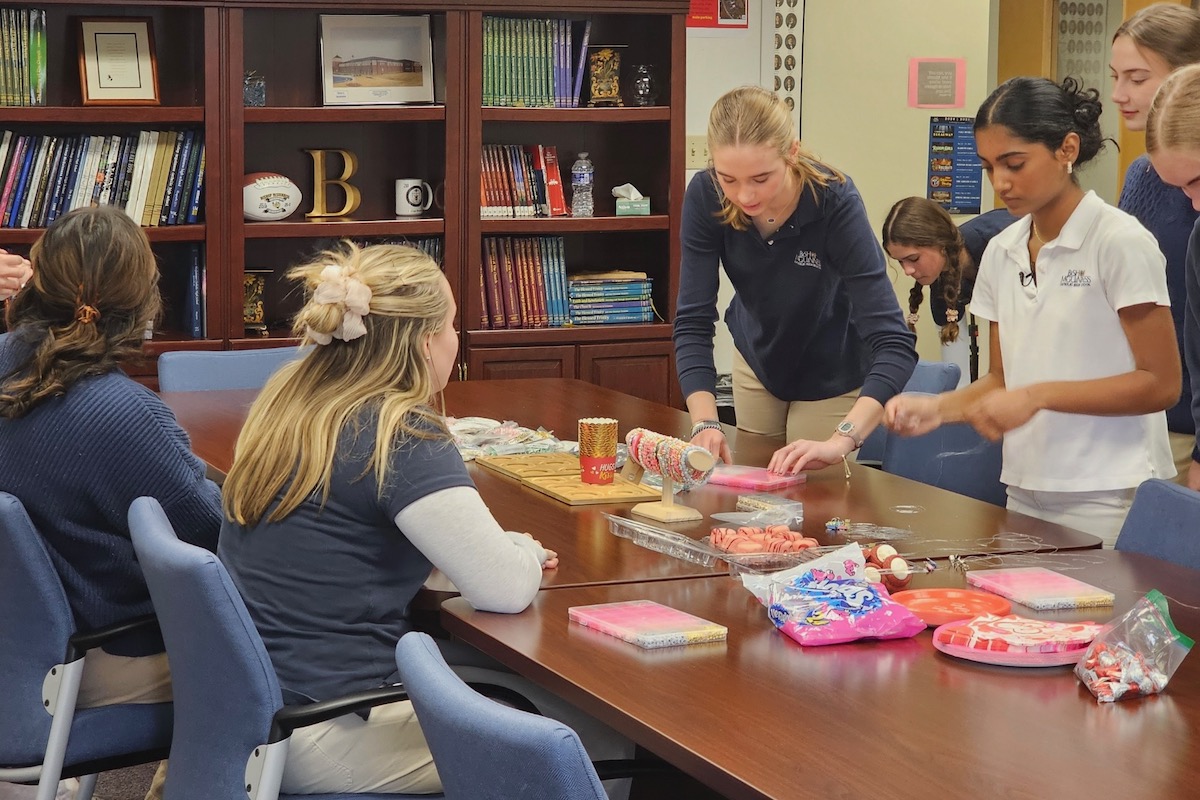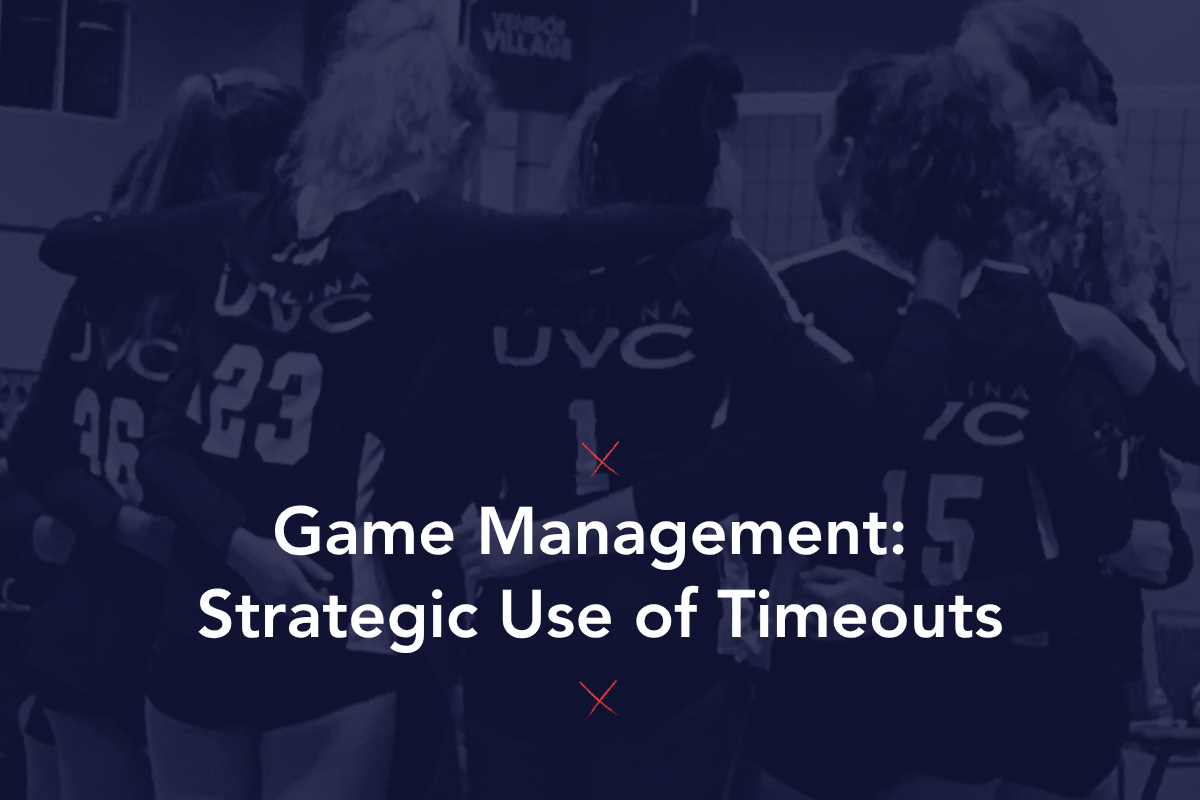As illustrated by a recent espnW article, early recruiting in women’s sports is not limited to volleyball. For a variety of reasons, the recruiting cycle now begins as early as Junior High, and this trend will most likely continue until rules and regulations are adjusted for NCAA Division I volleyball programs, which is where the majority of early recruiting is noted. Many collegiate volleyball coaches are offering and receiving scholarship commitments from players who have yet to spend one day in high school.
As a former DI coach, I recall when high school players waitied until they took their official visits before committing. It progressed to college coaches encouraging unofficial visits and offering juniors, followed by college coaches strongly suggesting sophomores prospects to schedule a visit, offering a scholarship and then expecting a decision from the student athlete on the scholarship offer within 2 weeks.
Before we get too worked up about the early recruiting protocol (or way too early recruiting), we need to remember that it applies to a small percentage of recruitable athletes, because only a certain number of NCAA Division I schools are recruiting 7th and 8th graders, primarily college programsin in the power conferences and ranked in the top 50 in the country. There are over 1,800 collegiate volleyball programs, and roughly 50 of them are actively recruiting junior high players. Finally, there is a difference between an 8th grader receiving a general letter or email from a college program, and a college coach actively pursuing an 8th grade recruit by calling the club coach or club director.
I have transitioned from looking through the recruiting glass as a college coach, to supporting families, and my best advice for those families that are managing the recruiting process before the student athlete has entered high school is to slow everything down. Ultimately the student athlete can control the process, even though it may not feel that way, the ball is in your court.
A few key points:
- If your daughter is talented enough that power conference programs are actively recruiting her, then your daughter has the ability to play anywhere and you are not ‘asking’ for her to be recruited.
- Your daughter is 13 or 14 years old, and projecting her collegiate desires 5 years in advance is a gamble. You don’t want her feeling ‘trapped’ in her decision, or to be pigeon holed into an academic route, geographic location, size of school that she no longer prefers.
- 5 to 6 years is a lifetime of change in college volleyball. Change is now the new normal in college volleyball: conferences, assistant coaches and head coaches are always changing. The icon’s of the sport do not coach forever and there may be unforeseen opportunities or occurrences that result in the collegiate coach you absolutely believed would be there for the next 20 years leaving.
Choosing a college and a volleyball program is of the biggest decisions that you will make as a family, and the parents must be the adults in the room. Slow things down, let your daughter mature, let your daughter physically develop. I know of a number of collegiate programs that verbally committed an 8th or 9th grader, but then backed out of sending the National Letter of Intent because the player had peaked early.
You don’t have to commit because a college coach is pressuring you.
You don’t have to commit because you heard so and so committed.
You don’t have to commit because the club feels it would be great for one of their players to verbally commit to Giant State University.
The reality is the scholarship landscape is constantly in flux. Thet scholarship you pass on may well be available in 2 years because someone became academically ineligbile, suffered a career ending injury, decided to transfer, etc.
In 8th grade, the only thing you should be thinking about is having fun and developing skill sets. Let your baby girl still be a teenager, allow her to casually think about college based upon what she is feeling, and enjoy playing volleyball for family fun and social development.
My advice for families of 7th and 8th grade student athletes who are being recruiting is to tell the club program that you are not engaging in the recruiting process until next year or until you begin sophomore year.
If you are set on going through the recruiting process because you have an elite junior high player, then you would engage just as if your daughter was in high school: arrange phone calls with prospective college programs, determine which schools you want to go on an unofficial visit with, take your visits (a few visits, not just one), obtain the specifics of the scholarship offer, review it with your family and then make your choice…..and, then hope like crazy that nothing negative happens for the next 5 years.
For more education on volleyball recruiting process click here.
About the Author
Matt Sonnichsen is the Director of Volleyball and National Speaker for NCSA Athletic Recruiting. Matt has over 20 years of experience coaching volleyball at the collegiate level.



